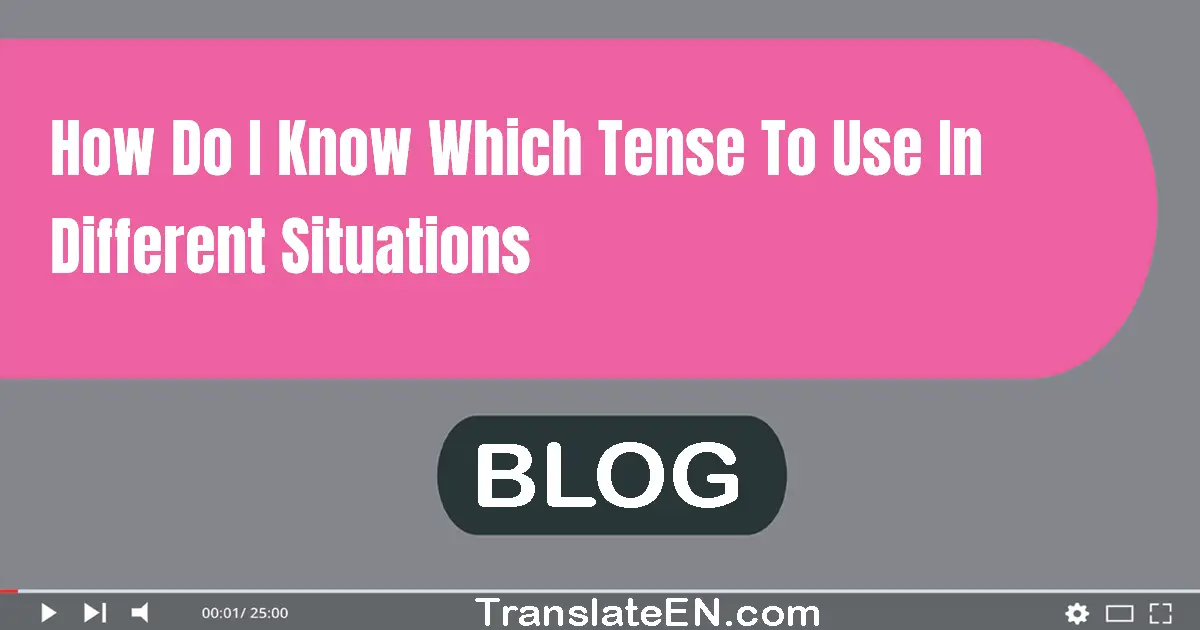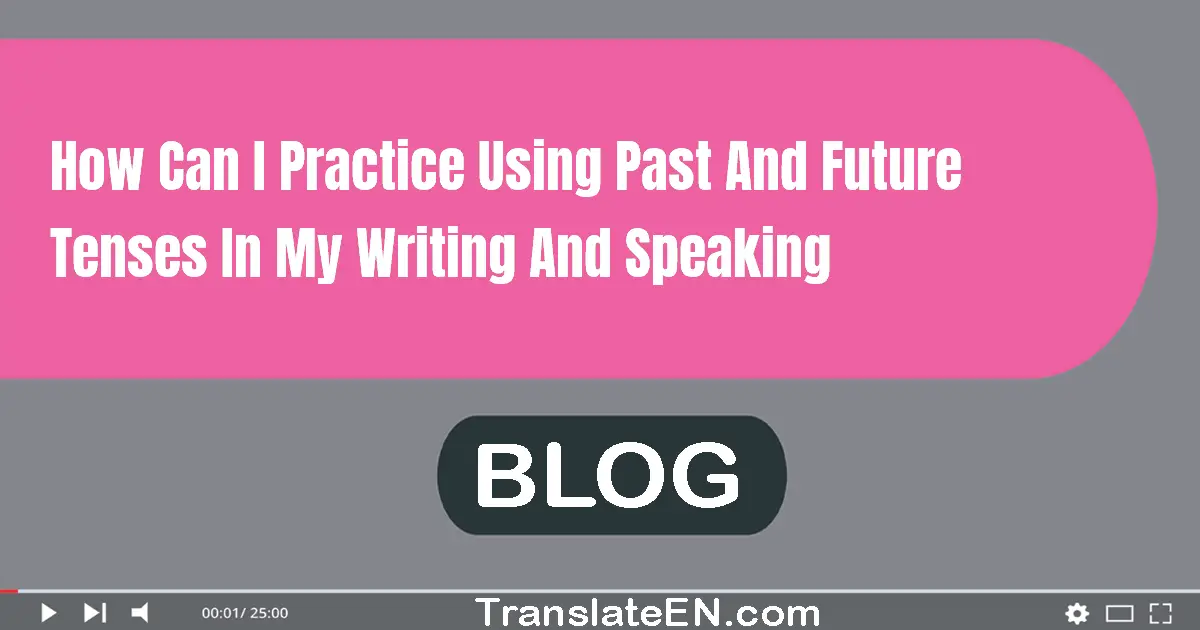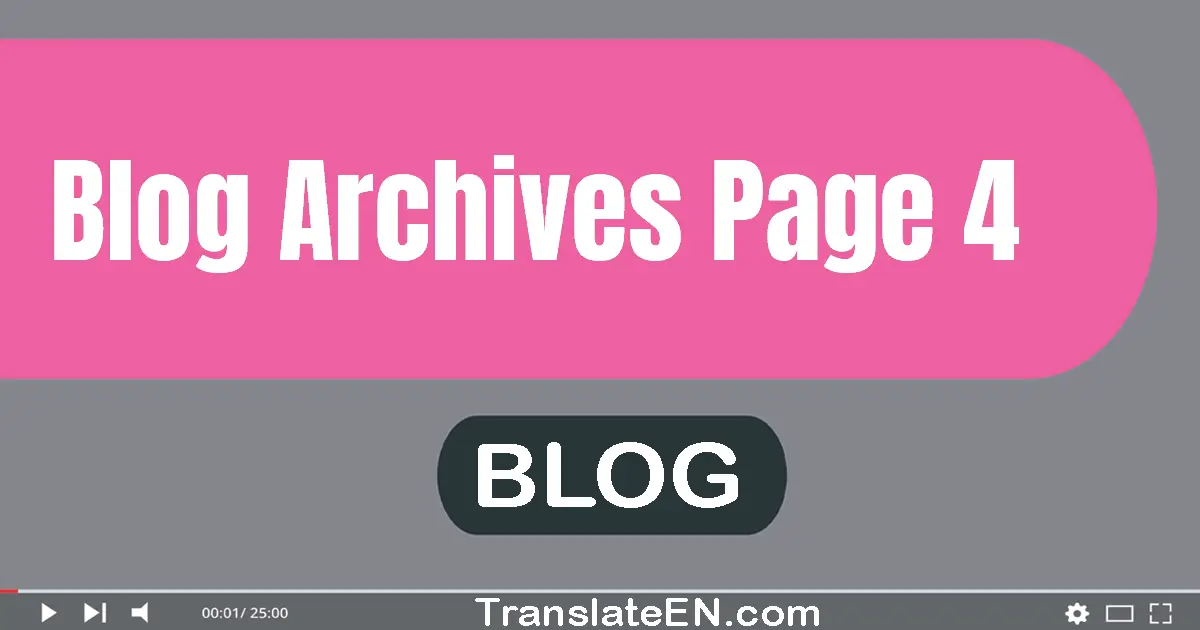
What are the rules for using past and future tenses in English grammar?
This blog post delves into the intricacies of using past and future tenses in English grammar. It provides a comprehensive guide on the rules governing the usage of these tenses, including examples and practical tips. Whether you're a native speaker or a non-native learner, this post will help you master the art of using past and future tenses correctly in your writing and speech. Don't miss out on this valuable resource that will enhance your language skills and boost your confidence in communicating effectively.




